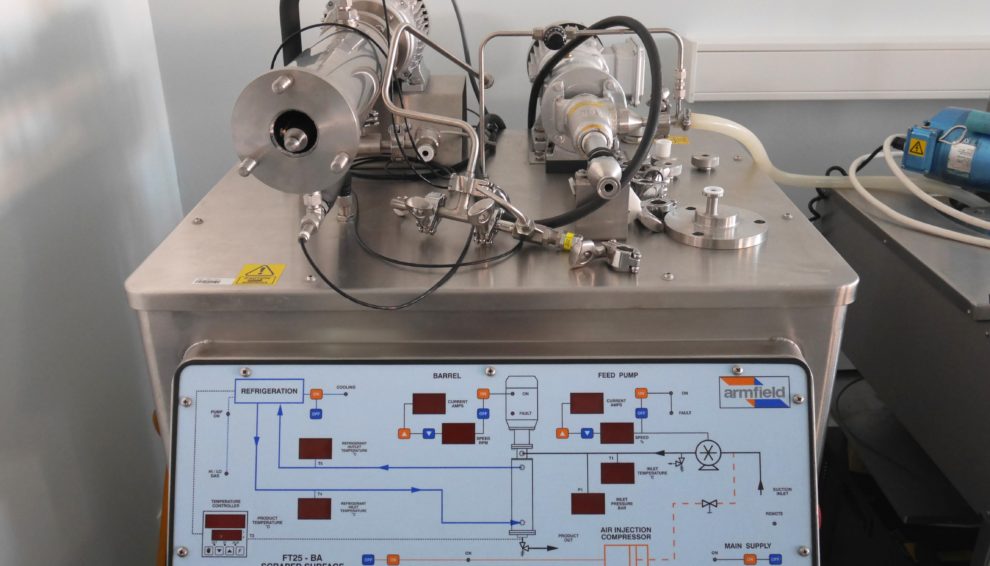
30.10.2018

The plan to create the Chair of Zero Waste Technologies1 in the Estonian University of Life Sciences was born from the cooperation between two women – Ivi Jõudu, the chair holder of the Chair of Food Science and Technology, and Tiina Pääso, the director of the Polli Horticultural Research Centre.
Before starting joint work on writing an application for funding to create this chair, the two women had never really cooperated. Ivi and Piia laugh and say, “No matter how well or poorly this chair will do in the future, the most important result has already been achieved – we cooperate on a daily basis now!”
With food production come tons of by-products, currently not used for neither food nor anything else. Piia remembers that once, a raspberry producer came to Polli, pressed the raspberries into juice and then asked if there was anything that could be made of the remains. “Now they sell raspberry seed oil, which makes for a great sunscreen and is recommended for people with allergies. I think the raspberry oil might actually bring in more money than the raspberry juice itself. Same goes for berry flour, which is really what remained of the berries after pressing juice, but then dried and ground up,” says Piia.
She also has an example of simple tricks to improve the results: “All of us have been making apple juice for centuries. However, you can get more juice from apples if you freeze them first and then press juice. This will also make the juice sweeter.”
“Growing the raw materials is very costly in our climate and in the end, a half of it is thrown away. Nowadays, the people are more aware of this. Any kind of production will inevitably have an effect on the environment and if you produce something, then you should also use all of the raw material. Simply put, the aim of our work is to bring back the old agricultural ways, where all the leftovers you had after killing the pig was its oinking,” explains Ivi.
1 The official name is the Chair of Technologies for Upcycling Food and By-Products.
Photo: Arengukoostöö Ümarlaud
Webpage: Estonian Universtity of Life Scienses
Technological progress is the foundation of efforts to achieve environmental objectives, such as increased resource and energy-efficiency. Without technology and innovation, industrialization will not happen, and without industrialization, development will not happen. There needs to be more investments in high-tech products that dominate the manufacturing productions to increase efficiency and a focus on mobile cellular services that increase connections between people.
The Sustainable Development Goals are the blueprint to achieve a better and more sustainable future for all.
Read more about SDG 9 – Industries, Innovation and Infrastructure
This publication has been produced with the financial support from the Nordic Council of Ministers. The content of this publication is the sole responsibility of the coordinators of this project and do not necessarily reflect the views or policies of the Nordic Council of Ministers.
Kommentaarid